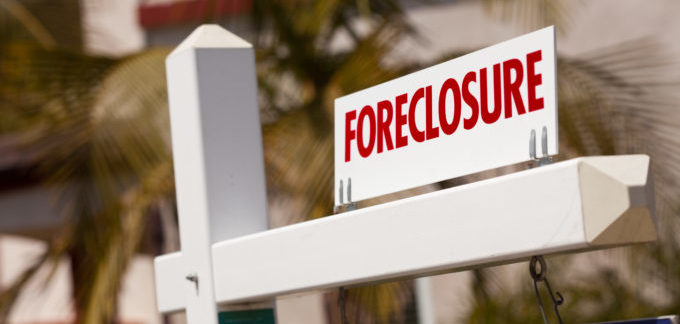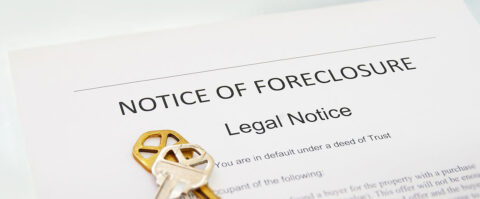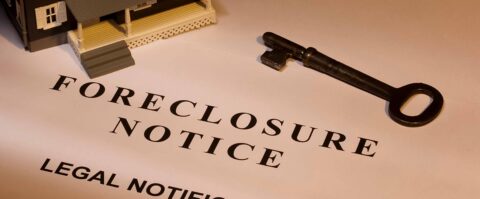
Foreclosure and the Statute of Limitations
Many mortgage lenders end up with a backlog of delinquent loans, and processing these can take months or even years after the borrower ceased to make payments. This means foreclosure actions on a property may be subject to a time limit known as a statute of limitations. Any legal action has one of these time limits built into it, and home foreclosure is no different. If the foreclosure is started after this time limit has expired, then the lender’s claim to commence foreclosure actions is invalid and they cannot proceed. It is therefore important that a borrower be aware of the various timeframes that govern the statute of limitations in New Jersey and if they can be used as a defense in a foreclosure case.
What Is the Statute of Limitations for Foreclosures in New Jersey?
The law that governs the statute of limitations on residential mortgage foreclosures is N.J.S.A. 2A:50-56.1. This law details three specific time periods. Whichever occurs first marks the point at which foreclosure actions can no longer be pursued. They are as follows:
- Six years from the date fixed for the making of the last payment, or the maturity date set forth in the mortgage or the note, bond, or other obligation secured by the mortgage, whether the date is itself set forth or may be calculated from information contained in the mortgage or note, bond, or other obligation, except that if the date fixed for the making of the last payment or the maturity date has been extended by a written instrument, the action to foreclose shall not be commenced after six years from the extended date under the terms of the written instrument.
- Twenty years from the date on which the debtor defaulted, which default has not been cured, as to any of the obligations or covenants contained in the mortgage or in the note, bond, or other obligation secured by the mortgage, except that if the date to perform any of the obligations or covenants has been extended by a written instrument or payment on account has been made, the action to foreclose shall not be commenced after 20 years from the date on which the default or payment on account thereof occurred under the terms of the written instrument.
- Thirty-six years from the date of recording of the mortgage, or, if the mortgage is not recorded, 36 years from the date of execution, so long as the mortgage itself does not provide for a period of repayment in excess of 30 years.
Once the earliest of these has past, a foreclosure cannot be brought about by your lender. Foreclosures can be a lengthy process, so it is possible one of the time limits may pass while a foreclosure is ongoing. However, in these instances the foreclosure may continue as normal.
Using the Statute of Limitations as a Foreclosure Defense
If the relevant foreclosure time frame has run out, then this is an affirmative defense to foreclosure actions. The homeowners must specifically assert a statute of limitations defense in order to counteract the claims of the lender. This defense is considered to be waived if the homeowners do not assert it. This means that is it important to be aware of the statute of limitations, as it can bring an end to the lender’s foreclosure actions.
Note that all the lender has to do in order to comply with the statute of limitations in New Jersey is to file a foreclosure claim before the expiration date. Then, even if the statute of limitations expires, the lender can continue with ongoing foreclosure actions.
However, if the foreclosure is cancelled or dismissed due to something like a procedural error on the part of the lender, then statute remains in place for any subsequent foreclosure. The foreclosure can be restarted, but this would have to occur within the ongoing statute of limitations.
It is important not to apply the time frame from one aspect of the statute of limitations to another. In a recent court case, the defendants attempted to argue that six years had past since they defaulted, therefore the statute of limitations had expired. However, the time period regarding date of default is actually twenty years according to New Jersey law. Since this was specifically outlined in N.J.S.A. 2A:50-56.1, the court rejected the defendants’ foreclosure defense and ruled in favor of the lender.
Are You Facing Foreclosure?
The foreclosure process in New Jersey is complicated. Understanding which avenues are available to help you fight for your home can make the difference between losing or keeping it. At the law firm of Ira J. Metrick, we have the knowledge required to to tell you if a statute of limitation defense is likely to succeed in court. We will make every attempt save your home if it is at all possible.



